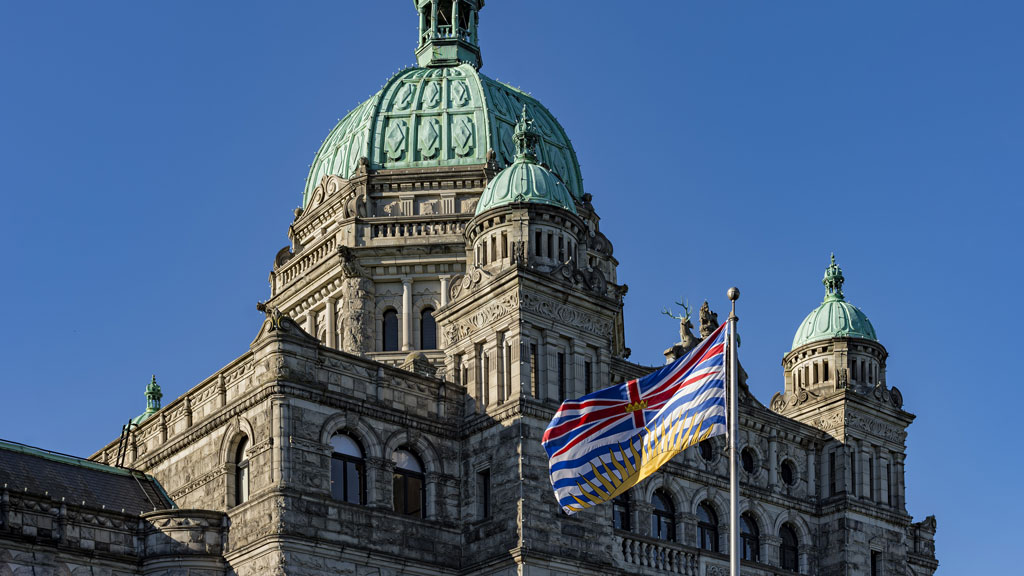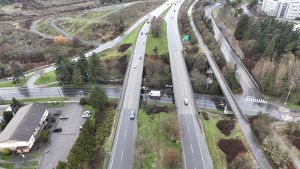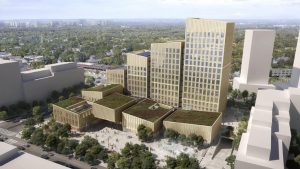VICTORIA – The Government of British Columbia has highlighted its work to mitigate climate change in 2021.
A release from the province pointed to the launch of the CleanBC Roadmap to 2030, a “stronger and more ambitious plan to reduce climate pollution, protect B.C.’s communities and build a more sustainable economy.”
“With extreme flooding and out-of-control wildfires, British Columbians felt the impacts of climate change all around us this year. The scale of the climate emergency we’re living through demands we act with even greater urgency. Our government is bringing people and businesses together to rise to the challenge and seize the opportunity to create a brighter future for everyone,” B.C. Premier John Horgan said in a statement.
The release also pointed to the first comprehensive review of the province’s oil and gas royalty system in 30 years with a focus on eliminating outdated and inefficient fossil fuel subsidies.
All new industrial facilities will need to demonstrate how they align with interim targets to reduce climate pollution and achieve net-zero emissions by 2050, with stronger regulations planned to “nearly eliminate” industrial methane emissions by 2035.
New net-zero requirements require that no new climate pollution will be added to the atmosphere from new buildings built after 2030, and the CleanBC plan encourages using low-carbon building materials such as mass timber in construction.
The release also said new and continuing financial supports are meant to help people switch to more energy efficient windows, insulation and highly efficient electric heat pumps that run on clean, renewable power.
Increased targets will also require 90 per cent of new cars and trucks sold in B.C. are zero-emission vehicles by 2030 and 100 per cent by 2035.
The CleanBC program also won an international award at the COP25 conference in Glasgow for the “most creative climate solution from a global alliance of state and regional governments committed to ambitious climate action in line with the Paris agreement.”
B.C. was also ranked at the top of the provincial energy efficiency scorecard for the third year in a row by Efficiency Canada for the province’s work to accelerate and expand energy efficiency across sectors while creating new opportunities in the clean economy.











Recent Comments
comments for this post are closed